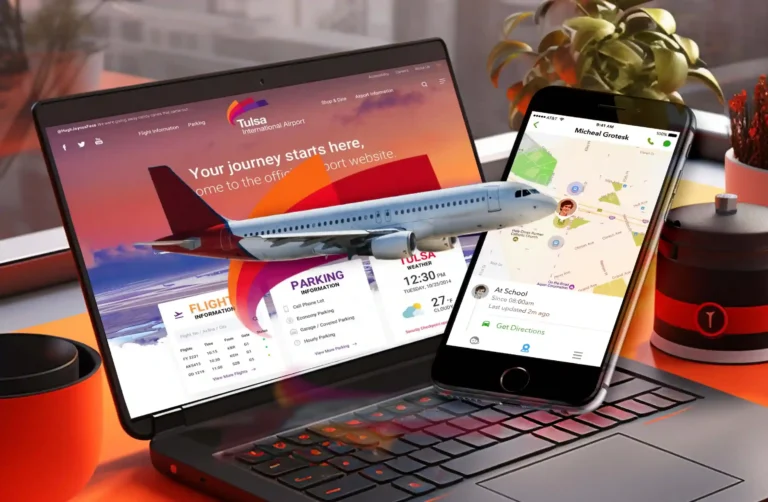Travel agencies and hospitality businesses grapple daily with operational inefficiencies, complex booking management, and the immense pressure to deliver personalized customer experiences in a saturated market. Overcoming these hurdles to achieve sustainable growth requires more than just standard tools; it demands solutions engineered for your specific business needs. This is where a partnership focused on strategic traveltech software development becomes essential. Finding the right development team is the critical first step; for instance, some firms like asd.team focus on creating tailored technology that aligns directly with core business goals.
Why Standard Software Falls Short for Ambitious Travel Businesses
Off-the-shelf software presents itself as a quick fix but often creates long-term limitations. These one-size-fits-all solutions rarely accommodate the unique workflows of a specialized travel business. You may find it impossible to integrate with essential third-party suppliers, from Global Distribution Systems (GDS) to niche local tour operators. This lack of customization creates operational bottlenecks, prevents your services from scaling efficiently, and ultimately hinders your ability to build a true competitive advantage.
Key Outcomes of Custom Travel and Hospitality Software Development
Investing in custom travel and hospitality software development delivers tangible business outcomes that go far beyond technical features. The primary goal is to build a platform that actively drives growth and efficiency. Key outcomes typically include:
- Streamlined Operations: Custom solutions automate key processes, from multi-supplier booking management and dynamic tour scheduling to complex, multi-currency payment processing. This can significantly reduce manual work, minimize costly errors, and free up your team to focus on high-value customer interactions.
- Superior Customer Journeys: A custom-built booking engine or travel portal enables you to offer AI-powered recommendations, integrated loyalty programs, and a highly seamless user experience from the first search to the final checkout.
- Expanded Market Reach: By integrating multiple supplier APIs for flights, hotels, car rentals, and local experiences, you can significantly broaden your service offerings and manage them all from a single, powerful, and centralized platform.
Our Approach: A Partnership from Concept to Launch
The most effective development process is a collaborative one. This methodology centers on viewing your software provider as a strategic partner, ensuring the final product is perfectly aligned with your business objectives, not just a list of technical requirements.
Clear Planning and Project Management
Success starts with a solid foundation. A true partnership emphasizes detailed project roadmaps, proactive risk management, and transparent communication. This strategic consulting is designed to deliver measurable business value and a strong, predictable return on investment.
Full-Cycle Development for Travel Technology Solutions
A comprehensive, end-to-end process builds trust and ensures quality. It begins with an in-depth discovery phase and UI/UX design to create an intuitive user experience. From there, agile development sprints and rigorous quality assurance testing lead to a robust final product, ready for deployment and engineered to scale with your business.
Answering Your Core Questions
Making the leap to custom software involves important considerations. Here are expert answers to some of the most common questions we hear from clients.
What are the essential features of modern travel software?
Key components for any modern travel platform include a robust booking engine with real-time inventory management, secure payment gateway integrations that support multiple currencies, a property management system (PMS) for hospitality, and effective customer relationship management (CRM) capabilities to personalize communications.
Why is custom development a sound long-term investment?
While the initial cost of custom development is higher than an off-the-shelf license, the potential for long-term ROI is far greater. Full ownership of the software, the ability to scale without the limitations imposed by a third-party vendor, and a unique platform that differentiates your brand provide a more sustainable return. It becomes a core business asset, not just an operational expense.
